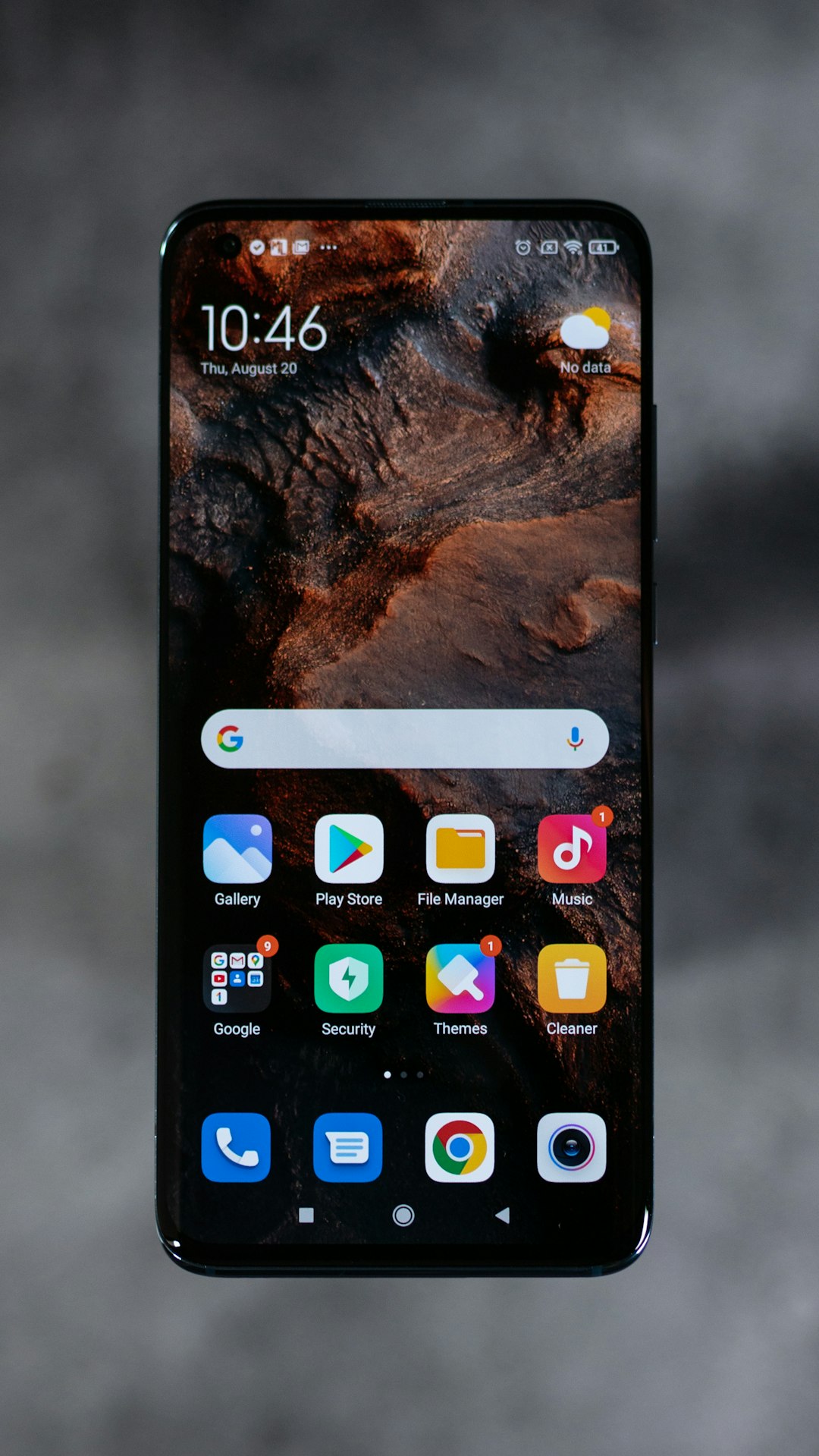In North Carolina, a strict Spam Call Law protects residents from unwanted telemarketing by defining spam as automated or prerecorded messages sent without prior consent. Violators face significant fines and legal repercussions. Residents can take action against spammers through a Spam Call Law Firm in NC, which assists with complaints, damages claims, and court orders to stop unwanted communication. Adhering to these guidelines is crucial for businesses to avoid legal issues.
In North Carolina, spam text prevention is a critical aspect of consumer protection. With the proliferation of unsolicited text messages, understanding the state’s strict Spam Call laws is essential for both businesses and residents. This article explores the legal framework surrounding these regulations, including definitions, protections, enforcement mechanisms, and remedies. For those seeking guidance on navigating North Carolina’s spam call landscape, this comprehensive guide offers insights from a leading Spam Call law firm to ensure compliance and protect your rights.
Understanding North Carolina's Spam Call Laws
In North Carolina, spam call laws are designed to protect residents from unwanted and intrusive telephone marketing practices. The state has implemented stringent regulations that govern how businesses can contact consumers by phone, with a focus on ensuring privacy and preventing harassment. These laws are enforced by both state agencies and private citizens, who can file complaints against violators. A spam call law firm North Carolina is often engaged to navigate these complex legalities, offering expertise in defending clients against spurious allegations and advising on compliant marketing strategies.
Businesses engaging in telemarketing activities within North Carolina must adhere to strict guidelines, including obtaining prior express consent from recipients before making calls and providing a clear opt-out mechanism during each communication. Failure to comply can result in significant fines and legal repercussions. Therefore, it is crucial for companies, especially those operating in the digital age where spam calls are prevalent, to understand and respect these laws to avoid potential legal pitfalls.
Legal Definitions and Protections for Residents
In North Carolina, the legal framework regarding spam texts and calls is designed to protect residents from unwanted and deceptive messaging. The state’s spam call law defines it as any telephone solicitation or advertising call made using an automatic dialing system or a prerecorded message, unless the caller has obtained prior express consent from the recipient. This law extends to both live operators and automated systems, aiming to curb excessive marketing calls that many residents find intrusive and annoying.
North Carolina residents enjoy legal protections against spam texts and calls. If individuals feel their privacy rights have been violated, they can take action through legal channels. A spam call law firm in North Carolina can guide affected residents through the process of filing a complaint with relevant regulatory bodies, seeking damages for any financial loss incurred, or even requesting court orders to cease the unwanted communication. These protections empower residents to stand up against unsolicited marketing tactics, ensuring their peace of mind and privacy in an era where such calls are prevalent.
Enforcement and Penalties for Violators
In North Carolina, the enforcement and penalties for violators of spam text regulations are strictly adhered to, with a particular focus on protecting consumers from unwanted messaging. The state’s attorney general’s office plays a pivotal role in investigating complaints related to spam calls and texts, ensuring compliance with the established laws. These laws specifically target commercial messages sent without prior consent, often referred to as ‘spam call’ law firms operating within the state. Violators can face significant fines, ranging from hundreds to thousands of dollars per violation, depending on the severity and frequency of the infractions.
Additionally, individuals or entities found guilty of intentionally violating these regulations may be subjected to civil lawsuits, where they could be liable for treble damages. This means that affected consumers can seek compensation three times the amount of actual harm suffered due to spam texts. The penalties serve as a deterrent and a means to hold perpetrators accountable, emphasizing the importance of adhering to the North Carolina spam call law firm guidelines to avoid legal repercussions.
Rights and Remedies for Affected Individuals
In North Carolina, individuals who receive spam text messages have specific rights and remedies available to them under the state’s strict anti-spam laws. If a person has been harassed or disturbed by unwanted text messages, they can take legal action against the sender. A spam call law firm in North Carolina can guide affected individuals through this process.
These laws empower recipients to file complaints with the North Carolina Department of Justice, seek injunctions to stop the spamming, and even request damages for each violation. The state’s robust legal framework ensures that those plagued by spam texts have a means to protect their privacy and peace of mind.






